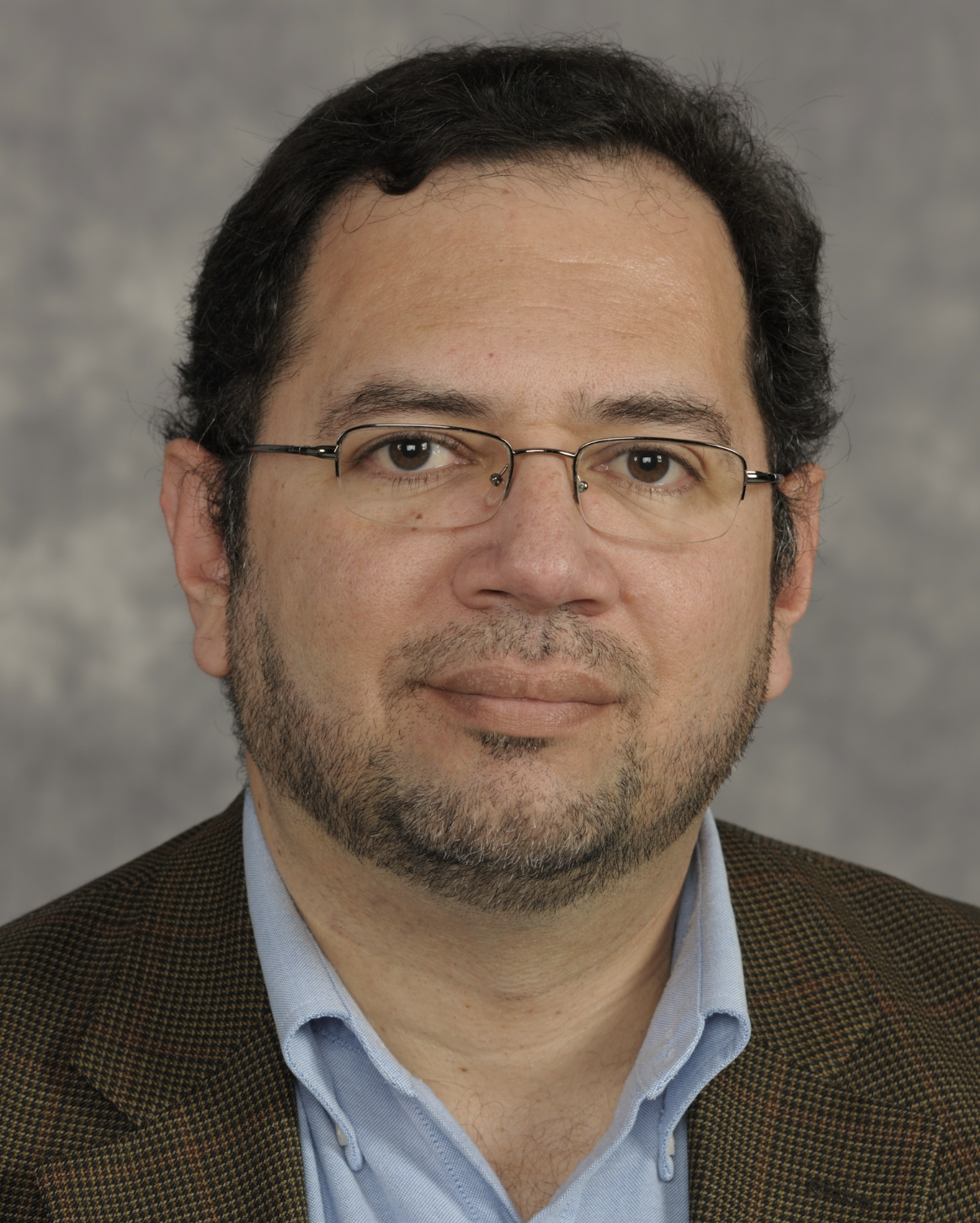
Date:
March 12, 2020
Time:
04:00pm-06:00pm UTC-5Location:
OnlineCost:
FreeSummary
Dear friends, We regret to inform you that as part of the preventive measures taken against the coronavirus to lower risk of exposure and spread, we have suspended this virtual panel. We thank you for your interest in this conversation on corruption and impunity in Central America.
In recent years, Guatemala and Honduras have seen significant progress in the fight against impunity and corruption. The International Commission against Impunity in Guatemala (CICIG) served for 12 years in the country, in which its investigations were key in dismantling over 70 criminal schemes and prosecute more than 650 people. The Mission against Corruption and Impunity in Honduras (MACCIH), in its almost four years in the country, contributed to the prosecution of 14 cases and 133 people. Similarly, both commissions submitted proposals for judicial reform to strengthen the judicial system and criminal proceedings such as the illicit financing of politics, among others.
However, these important achievements generated a counterattack of corrupt powers that could not be contained. As a consequence, CICIG's mandate ended in September 2019 and that of MACCIH in January 2020. In the last six months, the fight against impunity and corruption seems to have changed completely in Guatemala and Honduras.
In El Salvador, the situation is somewhat different. In November 2019, the Salvadoran government and the Organization of American States (OAS) signed an agreement for the installation of the International Commission against Impunity in El Salvador (CICIES).
With all this in mind, several questions arise regarding anti-impunity and anti-corruption efforts in the region: What have the results been for anti-impunity and anti-corruption commissions? Have they been successful? How has civil society participated in the fight? What are the most effective mechanisms? In addition, what happens now with the fight against impunity and what happens for the officials on these commissions? What possibilities remain?
This is an online event and will be conducted in Spanish.




